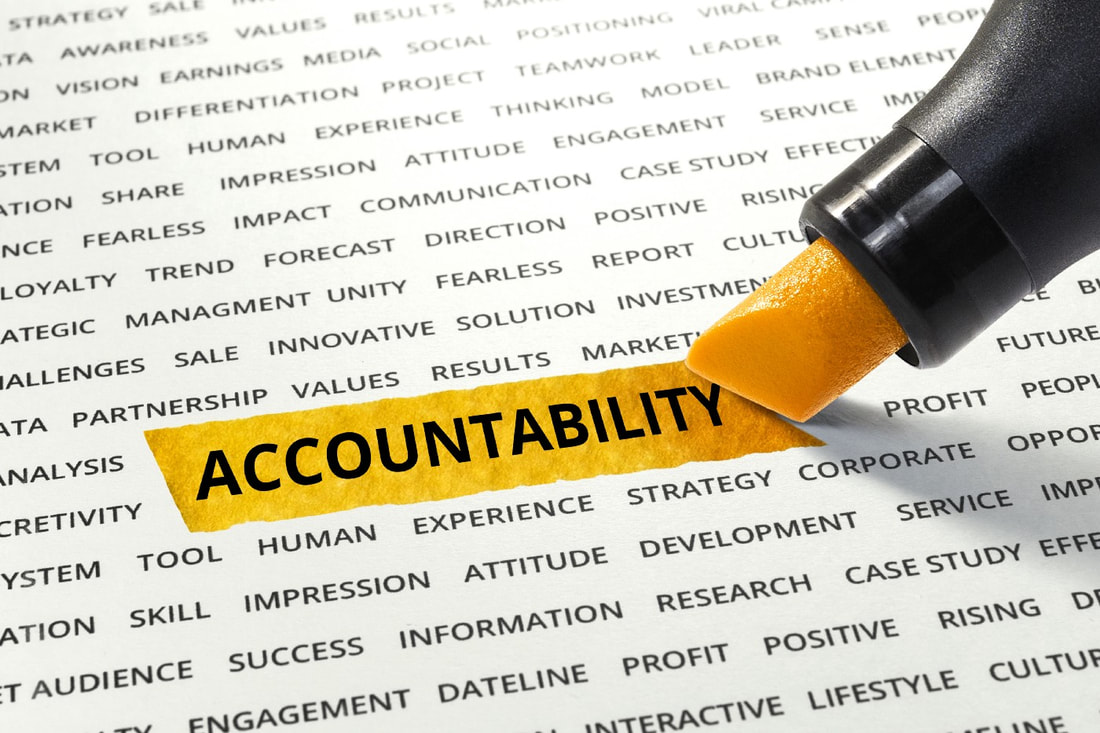|
Much has been made in recent weeks of the invasion of Ukraine by Russia. Social and mainstream media has been awash with commentary, both about the situation on the ground, and of various moral and ethical issues arising, not to mention significant geopolitical and balance of power impacts. The Western world has rallied in support of Ukraine. Governmental–, corporate– and community–level responses have been announced and taken including accepting refugees, providing humanitarian support, and organising fund-raising and community support. Governments have imposed economic and trade sanctions as well. Many companies have decided to withdraw from the market. Others have chosen to remain, for a variety of reasons. Some, who initially held the line, have subsequently changed their mind after feeling the effects of a backlash. Directors have resigned from boards too, signalling they have no interest in continuing to serve on the boards of Russian companies. To say the situation is fluid and outlook is uncertain is an understatement. In cynefin–speak, the appropriate descriptor is 'chaotic', meaning rapid response is appropriate: searching for the 'right' answers is futile. Despite the ambiguity and uncertainty, directors must continue to make decisions, to govern. In a crisis, most boards, rightly, focus on the here and now. Strategy and strategic initiatives are put to one side, and accountability may languish too. All available resources are applied to understanding and stabilising the situation. But after the heat has subsided and the situation is brought under control, boards need to take stock. They owe a duty of care (to themselves but also shareholders and legitimate stakeholders), for both their actions and those of management. Were the decisions made and actions taken during the crisis appropriate given the information to hand and prevailing situation at the time? The review may find the board operated within statutory and regulatory boundaries, and that decisions taken in averting the crisis were reasonable. But what if decisions and actions are found to have crossed moral or ethical boundaries? Where should accountability lie? The question of moral accountability cuts across personal and professional reputation, organisational culture, and market confidence. And to the future, where should the board's moral compass point, what conduct is appropriate, and how should the board's actions be assessed?
2 Comments
@petercrow
Reply
Peter Crow
25/3/2022 08:28:34
Thanks Tony, great scenario to explore!
Reply
Leave a Reply. |
SearchMusingsThoughts on corporate governance, strategy and boardcraft; our place in the world; and other topics that catch my attention. Categories
All
Archives
May 2024
|
|
Dr. Peter Crow, CMInstD
|
© Copyright 2001-2024 | Terms of use & privacy
|


